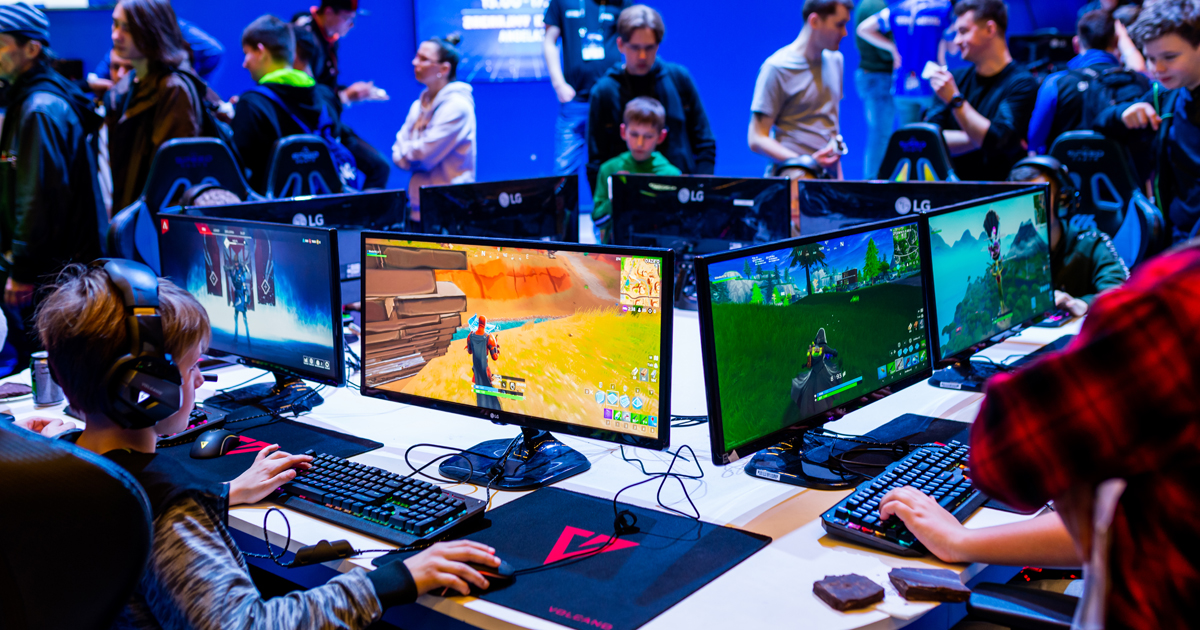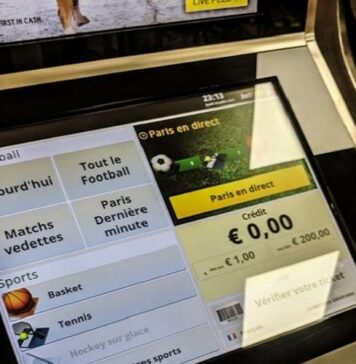Yesterday, the Political Commission of the European Union of the Senate has approved the outline of the opinion - illustrated by the rapporteur Marco Scurria (FdI) - on the bill "Regulation of video game competitions" signed by Marti (Lega) and others.
Below is the summary of the session:
The senator Scurria (FdI), rapporteur, illustrates an opinion outline on the bill in the title, containing the regulation of video game competitions, aimed at responding to the evolution of technological innovation and the ever-wider connectivity to the internet, which have led to a very large diffusion of video games in recent decades , no longer limited to individual use, but enjoyed through the organization of competitions, including national and sometimes international ones. It proposes to highlight the need to guarantee adequate protection to the actors operating in this sector, including content publishers, tournament organizers, players and spectators, given the absence, in Italy, of legal regulations on the matter. Appreciation must be expressed, in particular, for article 4 of the bill, which aims to safeguard minors, prohibiting participation in video game competitions for minors under 12 years of age and providing that minors under 14 years of age can only participate in competitions which do not include cash prizes or other benefits and in any case with the prior authorization of the parents. He also proposes to recall in the introduction the doubts that emerged in the last session on article 1, which attributes to the Republic the task of promoting and supporting video games as a means of artistic expression, cultural education and social communication, and on article 8, which provides for job classification, through subordinate, para-subordinate, self-employed or occasional employment contracts, also for potential underage players and operators. Considering that the provision does not highlight aspects of incompatibility with the European Union law, it therefore proposes to express a non-obstructive opinion.
The senator Rojc (PD-IDP) heralds theabstention of the senators of his Groupor, since the provision affects, for various aspects of the
cati, in the development of the younger generations, with important implications, also relating to the phenomena of gambling disorder.
The senator Hundred (LSP-PSd'Az) underlines the need to adopt regulations on the matter, also in light of developments on the web, the strong presence of young people in the video game sector and the need to help families. It is therefore declared favorable to a regulation that regulates the organization of competitions, in full transparency, to stem the phenomena of abuse.
The senator Lombardo (Mixed-Az-RE) believes that video games can be not only an artistic expression, but also a form of cultural education, citing for example the trend of "serious games", in whose competitions it is, therefore, important to properly involve young people. In this regard, he therefore only shares the second doubt expressed by the Rapporteur, regarding the rule that considers players as workers. He therefore predicts his own abstention vote.
The senator Bevilacqua (M5S) shares the previous observations and announces theabstention of the senators of his Group, retaining
It is useful to promote video games as a cultural expression and at the same time, as noted by Senator Rojc, to avoid any regulatory value that could facilitate gambling addiction.
Il President Terzi of Sant'Agatathen, after verifying the presence of the required number of senators, puts the draft opinion to the vote, published as an annex to the report. There Commission approves.
The following the approved opinion draft:
The 4th Standing Commission,
examined the provision in the title, containing the regulation of video game competitions;
considering that it responds to the evolution of technological innovation and increasingly broad connectivity to the network Internet, which in recent decades have led to a very wide diffusion of video games, no longer limited to individual use, but enjoyed through the organization of competitions, including at a national and sometimes international level;
assessed the need to guarantee adequate protection to all actors operating in this sector, including content publishers, tournament organizers, players and spectators, given the absence, in Italy, of legal regulations on the matter;
having taken note that, pursuant to Article 11 of the bill, it is envisaged that videogame competitions are included among the cultural and sporting events for which it is possible to obtain a temporary visa for entry into Italy and the Schengen area at purpose of participating in sporting or cultural events, for a stay of a maximum duration of ninety days every one hundred and eighty days;
positively assessed that Article 4 aims to safeguard minors, prohibiting participation in video game competitions for minors under 12 years of age and providing that minors under 14 years of age can only participate in competitions that do not provide cash prizes or other benefits and in any case with prior authorization of parents or anyone exercising parental responsibility, of which, in accordance with Regulation (EU) 2016/679, the organizer of a video game competition is required to keep a copy for one year, preferably in dematerialized form;
having noted the doubts with particular reference to the attribution to the Republic of the task of promoting and supporting video games as a means of artistic expression, cultural education and social communication, pursuant to article 1 of the bill, and with reference to the framework employment, through subordinate, para-subordinate, self-employed or occasional employment contracts, also for potential underage players and operators, pursuant to Article 8 of the bill,
considering that the provision does not highlight aspects of incompatibility with the European Union law,
expresses, to the extent of its competence, a non-objective opinion.











